After two and a half years of rehabilitation at the Primadomus rescue centre in Villena (Alicante), two lions, male Sem and female Liena, who were three and five years old when the European animal welfare organisation AAP rescued them from the war in Ukraine, are headed to their forever home at the Isindile Big Cat & Predator sanctuary in South Africa.
In October 2022, they were discovered “completely abandoned” in the Donetsk region and brought to the AAP rescue centre in Spain. They received initial aid at the shelter near Kyiv from the Ukrainian organisation Wild Animal Rescue, which was “aware of the need to seek suitable rescue centres outside the country due to the conflict situation, the lack of adequate facilities, and the stress caused by the proximity of the war front.”
In particular, the animals were stressed by the surrounding gunfire and shelling, which drove them to strike the bars and gates of the Ukrainian animal sanctuary, the AAP said in a statement.
Together with two other lions, they reached AAP Primadomus in Villena after travelling more than 3,600 kilometres. In these 3,000-square-meter facilities, they have gradually been able to move past the scars of their past. They have gone from being traumatised animals that would hide in the vegetation at the slightest sound and constantly growl to others who are finding peace and learning to use their senses to find food.
Develop your instincts
Both of them “have regained their peace ,” according to the AAP, “which has allowed them to return to optimal condition and the opportunity to socialise with each other, thus helping with their physical, social, and behavioural rehabilitation .”
Both lions received specialised care from the organisation, which has since located “the best place for the animals to spend the rest of their lives.” This is South Africa’s Isindile Big Cat & Predator Sanctuary. Their demands will be met by a 10,000 m² facility in the middle of nature where they can live “a dignified life and develop their wild instincts.”
After rehabilitation, the organisation seeks a “permanent home” for these animals “in renowned sanctuaries and zoos,” according to Pablo Delgado, director of the Villena rescue centre and head of the AAP Big Cats area. This is done in order to provide other specimens in need of assistance with “the opportunity to come to the rescue centre to recover from their past.”
A voyage of this kind necessitates meticulous planning. The animals must be acclimated to their boxes in order to reduce any stress the trip may create, in addition to all the licenses and paperwork needed for a transcontinental trip.
More animals who have been rescued
The AAP in Ukraine has rescued more animals besides Sem and Liena. Since the conflict began, 12 animals—nine lions, one monkey, one leopard, and one wild dog—the majority of which were owned privately in the nation, have been able to find “a safe place to recover at the organization’s facilities” in Spain.
“The organization’s rehoming partners have found a permanent home for nearly all of them, who are now fully recovered. Sadly, the issue of exotic animal ownership as pets is not specific to nations like Ukraine. The AAP highlights that one of the biggest marketplaces for exotic pets worldwide is the European Union, which has an impact on biodiversity, public health, and pet welfare.
According to the organisation, some of these creatures “end up, hopefully, in rescue centres like those run by AAP, where Sem and Liena have been given a second chance to recover their lion form.”
“At AAP, we will continue working to achieve better regulation of the ownership and trade of exotic pets throughout Europe, to prevent more animals from suffering an uncertain fate, living a life of suffering they should never have been forced to endure,” says the group.
Credit: Facebook https://www.facebook.com/aapprimadomus

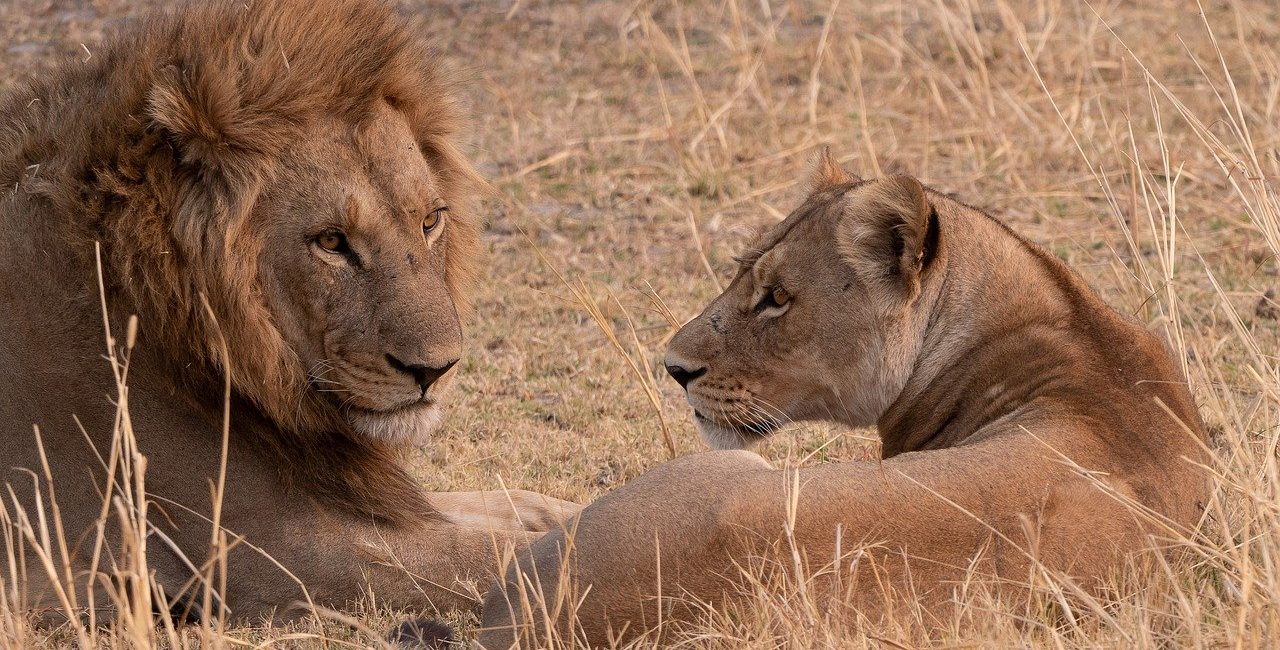

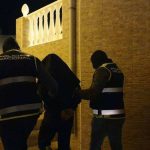

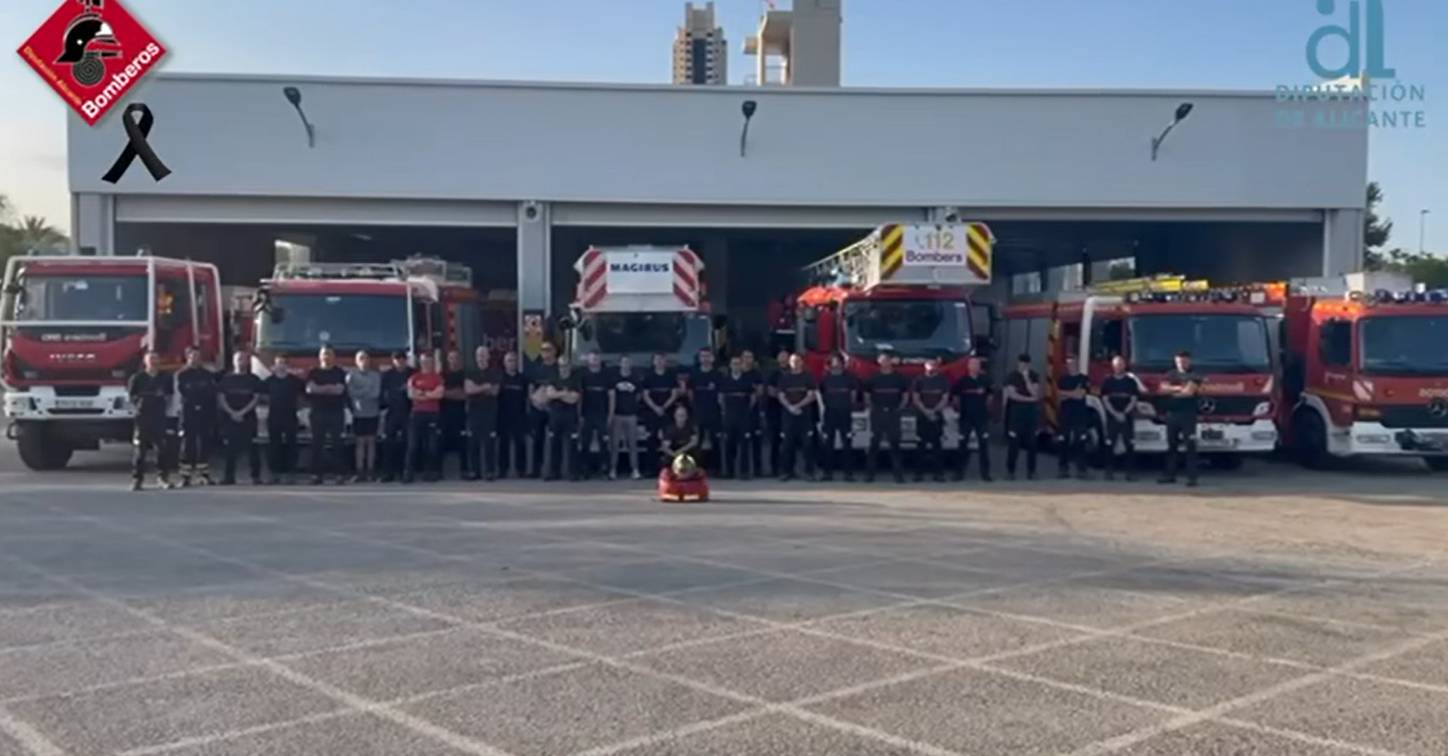
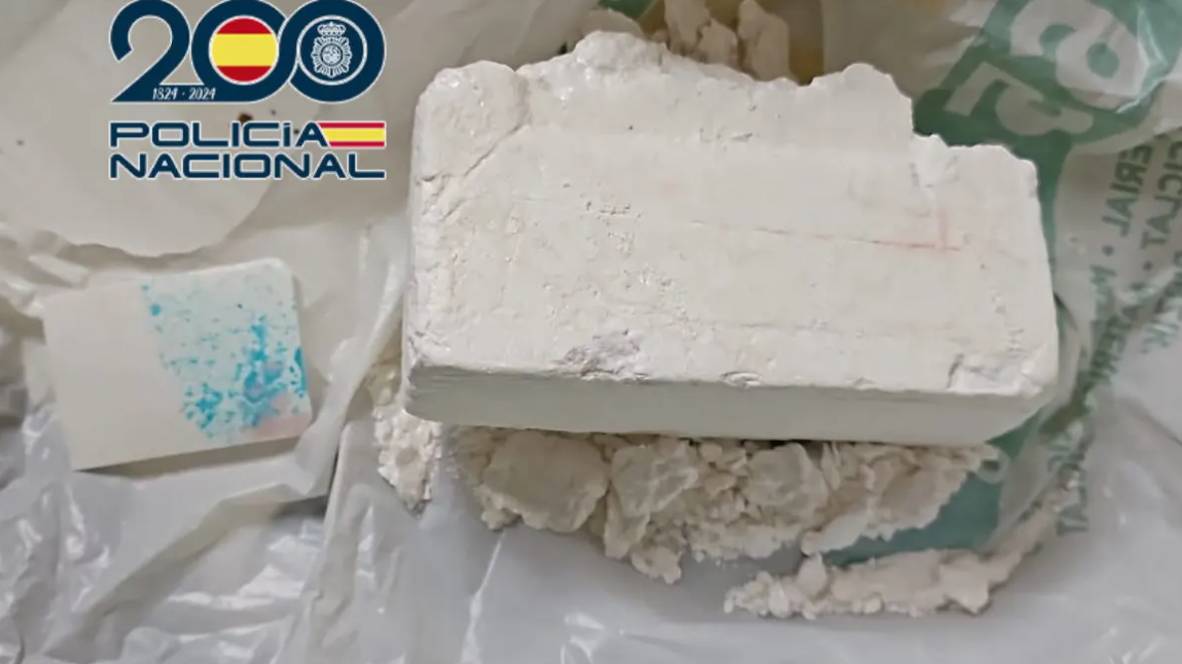
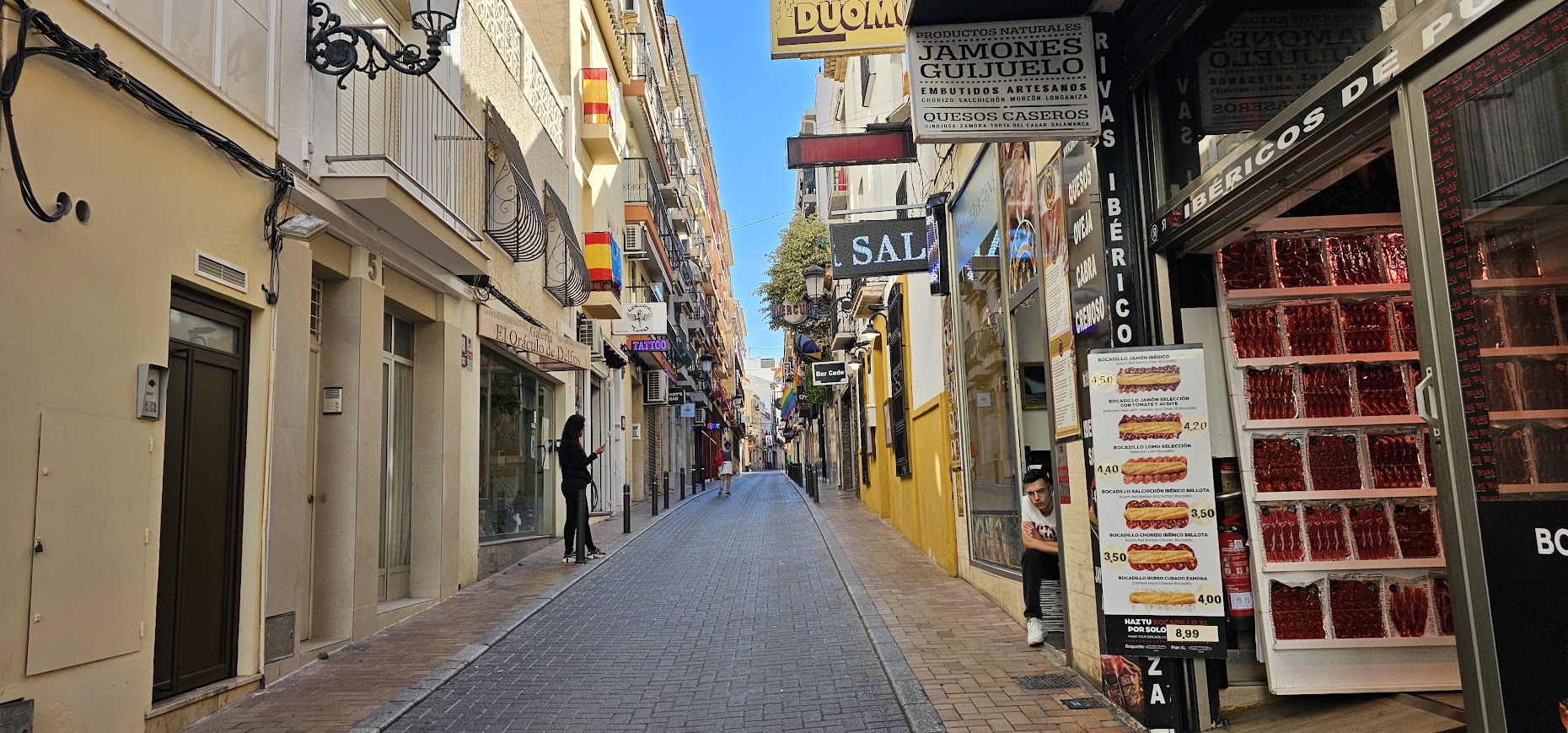
No Comment! Be the first one.